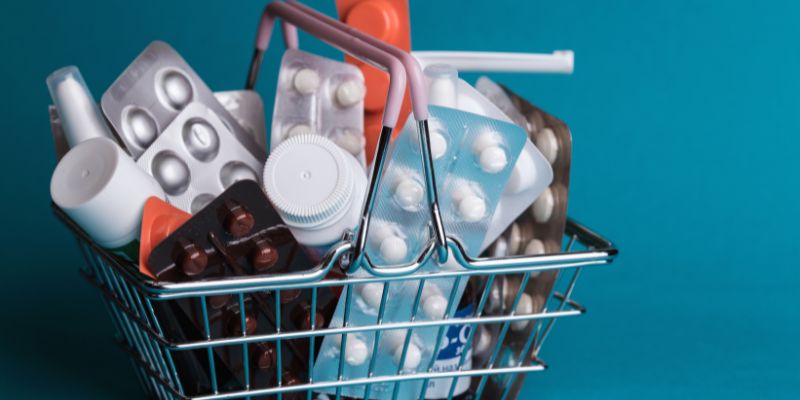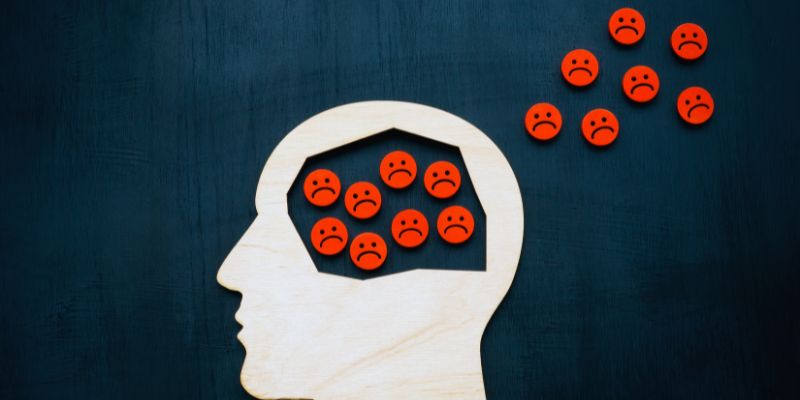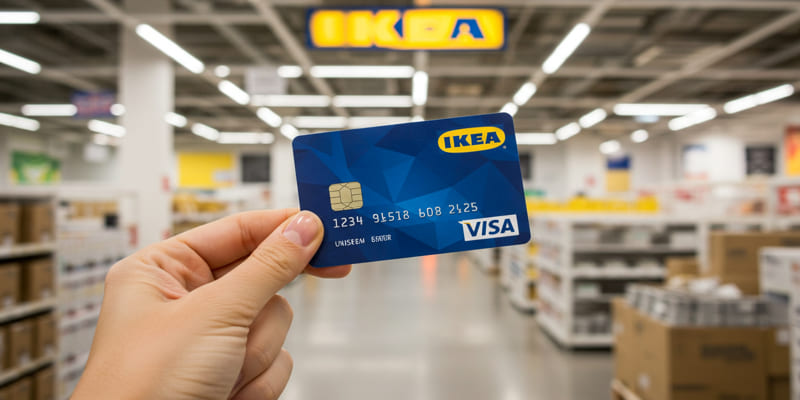Many people living with ADHD have had their lives thrown off by the continuous scarcity of their medications. Because ADHD affects attention, focus, and impulse control, daily chores become difficult. For individuals depending on medications like Adderall or Concerta, the scarcity causes anxiety and uncertainty. Managing symptoms without these medicines can seem impossible. There are strategies to adjust and keep control during this trying period.
You may negotiate this shortfall and prioritize your health by looking at substitutes, changing your schedule, and asking for help. This article provides useful guidance to manage properly and guarantee that you remain focused and orderly despite disturbance. Remember, even in trying conditions, you can control your symptoms and flourish with the correct tools and techniques.

How do we cope with ADHD medicine shortages?
Below are practical tips to help you cope with ADHD medicine shortages and manage your symptoms effectively during this time:
Explore Alternative Medications
See your doctor about alternatives if you find it difficult to obtain your regular ADHD meds. Many medications, including Concerta or Vyvanse, could be readily available and work like Adderall. These alternatives can help with inattention, hyperactivity, and impulsiveness, among other ADHD symptoms. Even while some people may react better to one medication than another, a healthcare professional can assist you in selecting the best line of action. Non-stimulant pharmaceuticals like Strattera or Intuniv could provide help for persons unable to acquire stimulant medications. Though they act differently, some medications can still ease symptoms. Be patient; the correct remedy may not be found straight away.

Adjust Your Routine for Better Focus
Without depending just on medication, routine and structure might help to manage ADHD symptoms. A consistent plan will help you remain orderly, lower impulsiveness, and increase focus. Clearly state daily objectives and divide chores into doable segments. It can help one to feel more reasonable about difficult chores. Another useful tool is using reminders—such as creating lists or alarms. If you are disorganized, consider employing digital tools or apps to increase time management and attention span. The secret is to design a schedule that fits you even without medicine.
Try Behavioral Therapy
Behavioral treatment can be a great means of coping with ADHD symptoms during a pharmaceutical shortage. Cognitive-behavioral therapy (CBT) emphasizes creating good behavior by modifying negative thought patterns. This kind of therapy can help you control impulses, lower anxiety, and sharpen concentration. Working with a therapist can offer insightful techniques for keeping on track, controlling feelings, and task organization. Therapy might enhance your treatment approach even if you have past medication experience. Many discover that even once medication is more accessible, treatment provides long-lasting advantages.
Get Regular Exercise
One great technique to lessen ADHD symptoms is physical exercise. Increased dopamine levels in the brain brought on by exercise aid to improve attention and focus. Often accompanying ADHD, regular exercise—such as swimming, running, or walking—can also help lower anxiety and stress. Look for an interesting pastime. Regular movement—from yoga to dancing to sports—helps keep your body and mind occupied. Most days of the week, try for at least thirty minutes of exercise. It will not only help with your ADHD symptoms but also raise your general quality of life.
Manage Stress and Anxiety
Oftentimes, ADHD causes increased tension and worry. These emotions might get stronger in times of pharmaceutical shortages. One should learn relaxation and stress management techniques, such as deep breathing techniques and mindfulness practice, to help quiet the brain. Furthermore, meditation, yoga, or just a few minutes of relaxation are helpful. Managing tension and anxiety also depends critically on sleep. Insufficient sleep can aggravate ADHD symptoms, therefore impairing concentration and organization ability. Develop a consistent sleeping schedule, cut out caffeine late in the day, and set a peaceful bedside scene.
Communicate with Your Support System
Dealing with an ADHD medication shortage means communicating with your family, friends, and colleagues. Tell them about your circumstances and how they might affect your behavior or output. Sharing your difficulties will help them to support and understand you. If you are also overwhelmed, don't hesitate to seek assistance. Your support network can help with chores or provide emotional support in trying circumstances. Understanding you have people to rely on helps you to manage ADHD without medication.
Stay Informed About the Shortage
One should keep informed regarding the dearth of ADHD medications. Get updates on availability by corresponding with your doctor or medical store. Being proactive in your visits to your healthcare providers helps you prepare for some medications that can return to stock at different periods. When your regular medication becomes accessible, talk to your doctor about picking backup therapy. Depending on your development during the shortage, they could have to change your dosage or offer other advice.
Practice Patience and Self-Compassion
Managing an ADHD medication shortage might be challenging, but during this period, one must be patient and self-compassionate. Acknowledge that in difficult conditions, you are doing your best. Treat yourself compassionately and realize that controlling ADHD takes time. Although the scarcity is beyond your control, you may be resilient and lessen symptoms by acting early on. Emphasize little victories and thank you for your work. Keeping a good attitude and looking at several approaches will enable you to adjust more successfully. Recall that this period is transient; hence, you can keep your symptoms under control with the correct instruments and help.
Conclusion:
Managing an ADHD medication shortage is certainly difficult, but with the correct techniques, it is doable. You can properly control your symptoms by looking at alternative therapies, changing your schedule, and getting assistance. Furthermore, behavioral therapy, consistent exercise, and stress management strategies are very important. Be open contact with your doctor and loved ones and be aware of the availability of medications. Above all, treat yourself patiently and gently during this period. Through tenacity and proactive actions, you can negotiate this challenging phase, preserve concentration, and keep flourishing despite the disturbances brought about by scarcity.









